Patients with an aortic aneurysm are relieved to know the Adventist Health Northwest Heart Center team has extensive expertise in successfully managing and repairing this condition.
Working closely with specialists in vascular and thoracic surgery and interventional cardiology, our cardiac surgeons have performed hundreds of aneurysm repairs. This level of experience translates into excellent patient outcomes.
Our aortic aneurysm treatments
How an aortic aneurysm is treated depends on its size, how fast it’s growing, its location, and the patient’s age and medical condition. Treatment may include:
Watchful waiting: For a small aneurysm or one that doesn’t cause symptoms, your doctor may recommend “watchful waiting.” This usually includes a CT or MRI scan every six months to closely monitor the aneurysm to see if it is growing or changing in any way.
Controlling risk factors: Steps such as quitting smoking, controlling blood sugar if you have diabetes, losing weight if you are overweight or obese, and controlling dietary fat intake may help to control progression of an aneurysm.
Medical management: Medication may be used to control high blood pressure and high cholesterol.
Endovascular stent-graft repair: Many aneurysms can be treated with a minimally invasive approach called endovascular aneurysm repair (EVAR). In endovascular repair, the aneurysm is not removed, but a graft is inserted into the aorta to strengthen it.
Open surgical repair: For an ascending or aortic arch aneurysm, a large incision may be made through the breastbone. If an ascending aneurysm involves damage to the aortic valve of the heart, the valve may be repaired or replaced during the procedure. For a descending aneurysm, a large incision may extend from the back, under the shoulder blade and around the side of the rib cage to just under the breast.
Aortic root aneurysms are usually associated with leaking (insufficiency) of the aortic valve, which may require aortic valve replacement surgery in addition to aneurysm repair.
What treatment is right for me?
Each patient is unique, so the specific treatment that’s right for you depends on:
- Your age, overall health and medical history.
- The size of your aneurysm.
- Your symptoms.
- Your tolerance for specific medications, procedures or therapies.
- Expectations for how the aneurysm is and will be doing.
- Your personal goals and desires.
Your doctor will discuss all the options with you. You’ll decide together the most appropriate course of treatment.
To learn more or schedule an appointment with our vascular and thoracic team in Portland, call 503-256-1575.

